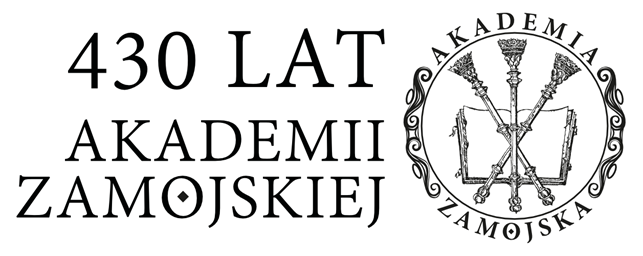The Convent of Premonstratensians in Imbramowice:
Pedagogical Activity in the 20th Century
Abstract
During the several hundred years of its history, The Convent of Norbertine Sisters in Imbramowice has become a permanent part of Polish culture. A cloistered order, seemingly cut off from the outside world, is a place where a rich social culture is created. Educational activity was among many areas of the Norbertine sisters’ activity. The Norbertine nuns ran the Institute for girls from landed gentry many years before the partitions of Poland. Zofia Grothówna mentioned this many times in the convent chronicle. However, the institute was closed due to the repressions caused by the outbreak of the January Uprising in 1864. Many years later, Maria Nidecka, the abbess of the convent from 1897 to 1917, opened a so-called Non-resident School for Village Children. Her idea was continued by the abbess Anzelma Wiśnicka, thanks to whom the Household School for Girls was established. Its shape was influenced by the School of Household Works for Women, founded by Jadwiga Zamoyska in Kórnik near Poznań in 1882, and transferred to Kuźnice near Zakopane. The Household School for Girls in Imbramowice was officially opened on 15 November 1919 and was then named the Norbertine Girls Lower School of Agriculture, and from 1939 the Private Female Agricultural School of St. Norbert's Sisters in Imbramowice. The main goal of the Norbertine sisters when organising the school was to prepare Polish girls for a decent life in the independent Poland, reborn after many years of partitions. Unfortunately, with the advent of the Polish People's Republic, the school in Imbramowice was closed.
Keywords:
Imbramowice, Norbertine Sisters, Maria Nidecka, Anzelma Wiśnicka, religious education in the 20th centuryMost read articles by the same author(s)
- Beata Skrzydlewska, Priest Eustachy Skrochowski – Pioneer of Church Museology , Biografistyka Pedagogiczna [Biographical Studies in Education]: Vol. 8 No. 3 (2023): Zmartwychwstańcy – ludzie, idee, działania
- Beata Skrzydlewska, Ludomir Benedyktowicz (1844–1926) – Armless Artist , Biografistyka Pedagogiczna [Biographical Studies in Education]: Vol. 9 No. 2 (2024)
- Beata Skrzydlewska, Adam Chmielowski , Biografistyka Pedagogiczna [Biographical Studies in Education]: Vol. 6 No. 2 (2021)
- Beata Skrzydlewska, Zofia Grothówna , Biografistyka Pedagogiczna [Biographical Studies in Education]: Vol. 2 No. 1 (2017)
Details
References
Statistics
Authors
Citation rules
Licence

This work is licensed under a Creative Commons Attribution-NonCommercial-NoDerivatives 4.0 International License.


 Język Polski
Język Polski
 English
English
 Italiano
Italiano

